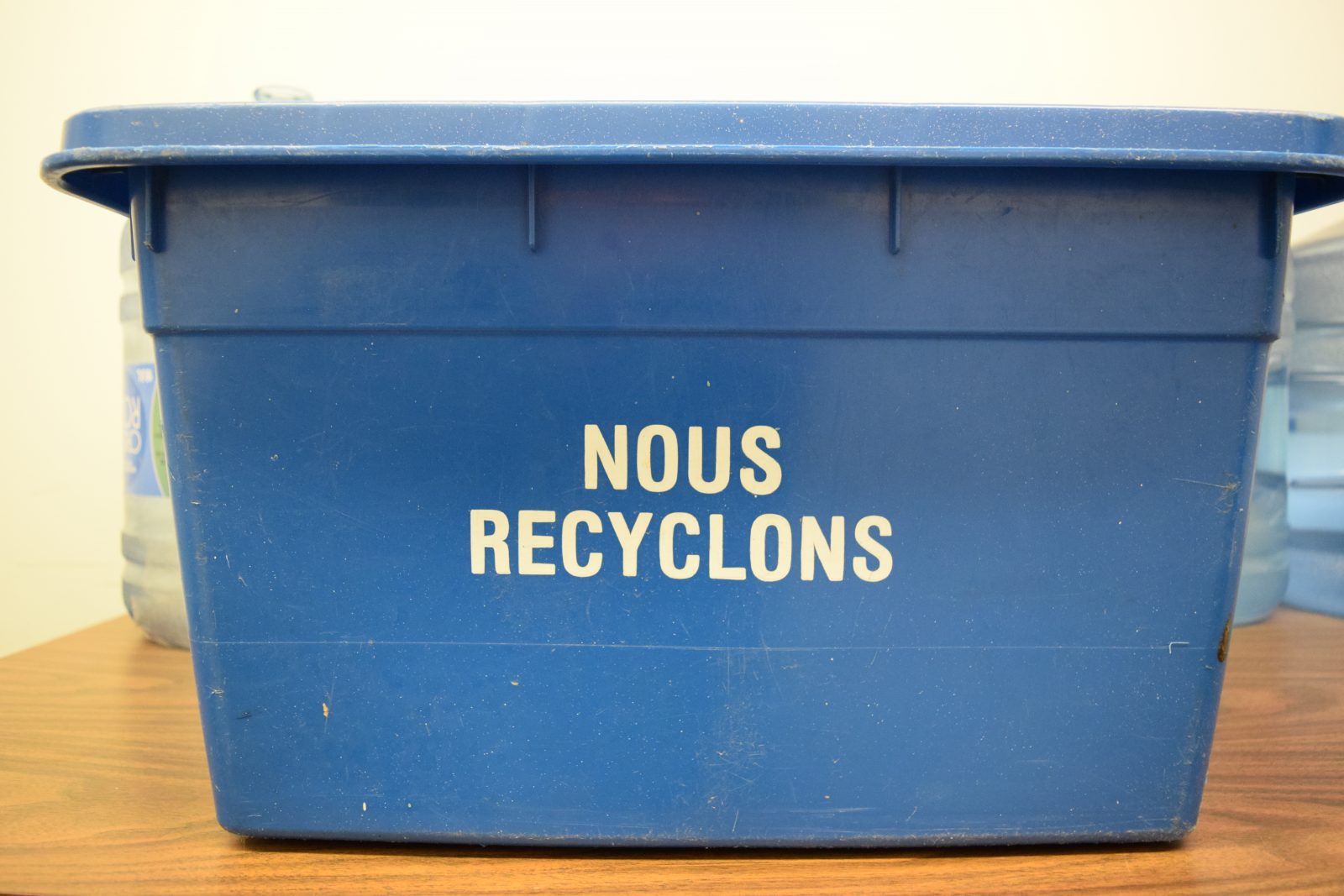CORNWALL, Ontario – Cornwall’s renewable and recycling habits are getting better this year. Cornwall is forecasted to process 5,255 tonnes of recyclables for 2019, up from 4,363 the previous year.
As of August 2019, Cornwall had already processed 3,503 tonnes of recyclables.
In terms of revenue for the City of Cornwall, 2018 saw Cornwall generate $354,565 from selling recyclable materials, and the City is anticipated to be able to sell $379,641 worth of recyclable materials this year.
The bulk of those items are mixed paper, of which 1,200 tonnes has been processed and sold so far this year and 149 tonnes of newspaper.
Danielle Watson, the City of Cornwall’s Waste Management Supervisor said that many paper items that are not contaminated by too much food are recyclable.
Cornwall processes and accepts three varieties of plastics, types 1, 2 and 5. Type 1 plastics are things like soft drink bottles or plastic cooking oil containers. Type 2 plastics are milk jugs, shampoo bottles, laundry detergent bottles and the like. Finally, type 5 plastic items are yogurt ceps and margarine containers.
These items are sent for processing, some of which goes to the United States and goes on to become items like astro turf, piping, or plastic furniture.
Items that are not recyclable are largely film or wrapping plastics. Watson explained that when these items get through the system, they can cause some processing difficulties.
“That is probably the highest source of contamination for us, is film,” she said. “It gets stuck in our equipment and makes for a maintenance nightmare.”
These film type plastics include candy bar wrappers, plastic cling wrap, plastic bags and more. Watson says items like plastic bags are reusable, but not recyclable. Cornwall’s Agapè Centre accepts donations of plastic bags which they distribute in their food bank.
Other non-recyclable plastics include bubble wrap, cosmetic bags, costume jewellry, acrylic, nylon, fiber glass and more.
“If we could clear the film out, I think people are doing fairly well at recycling,” she said, although Watson did note that some recyclable items, like drink cans, are still winding up in the garbage fairly regularly.




